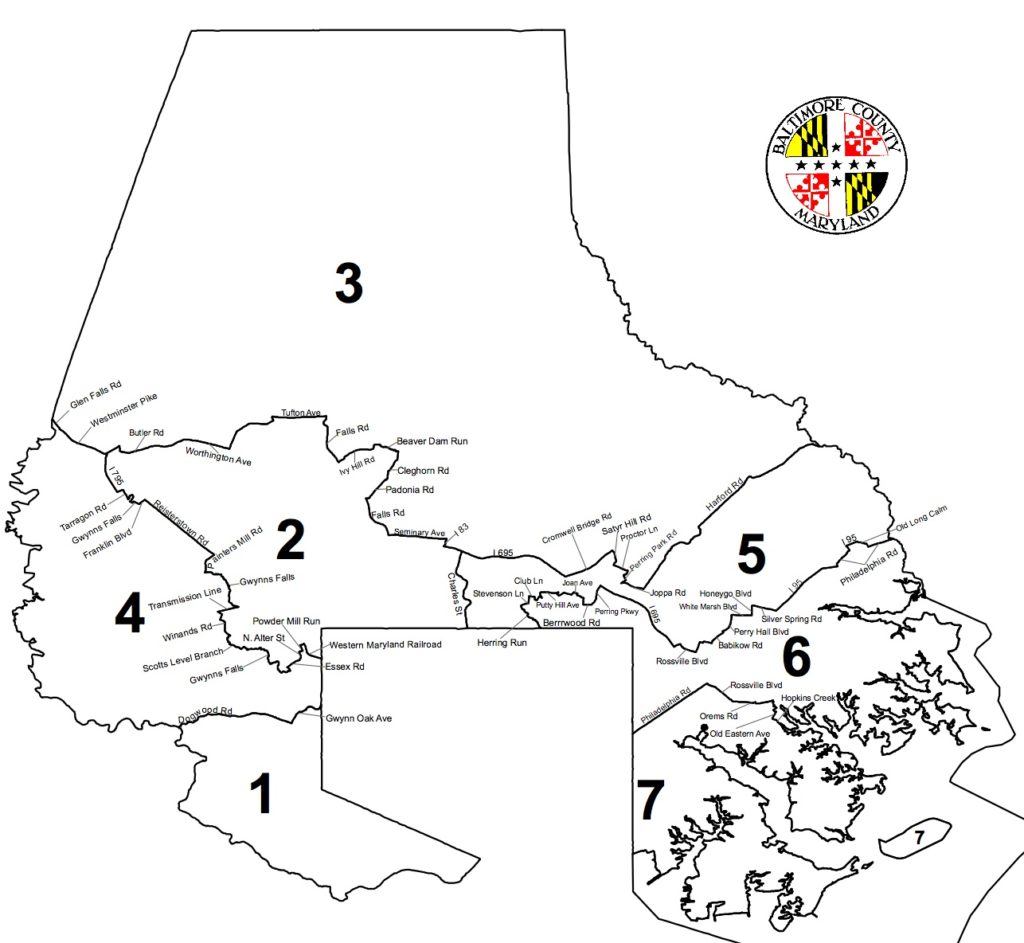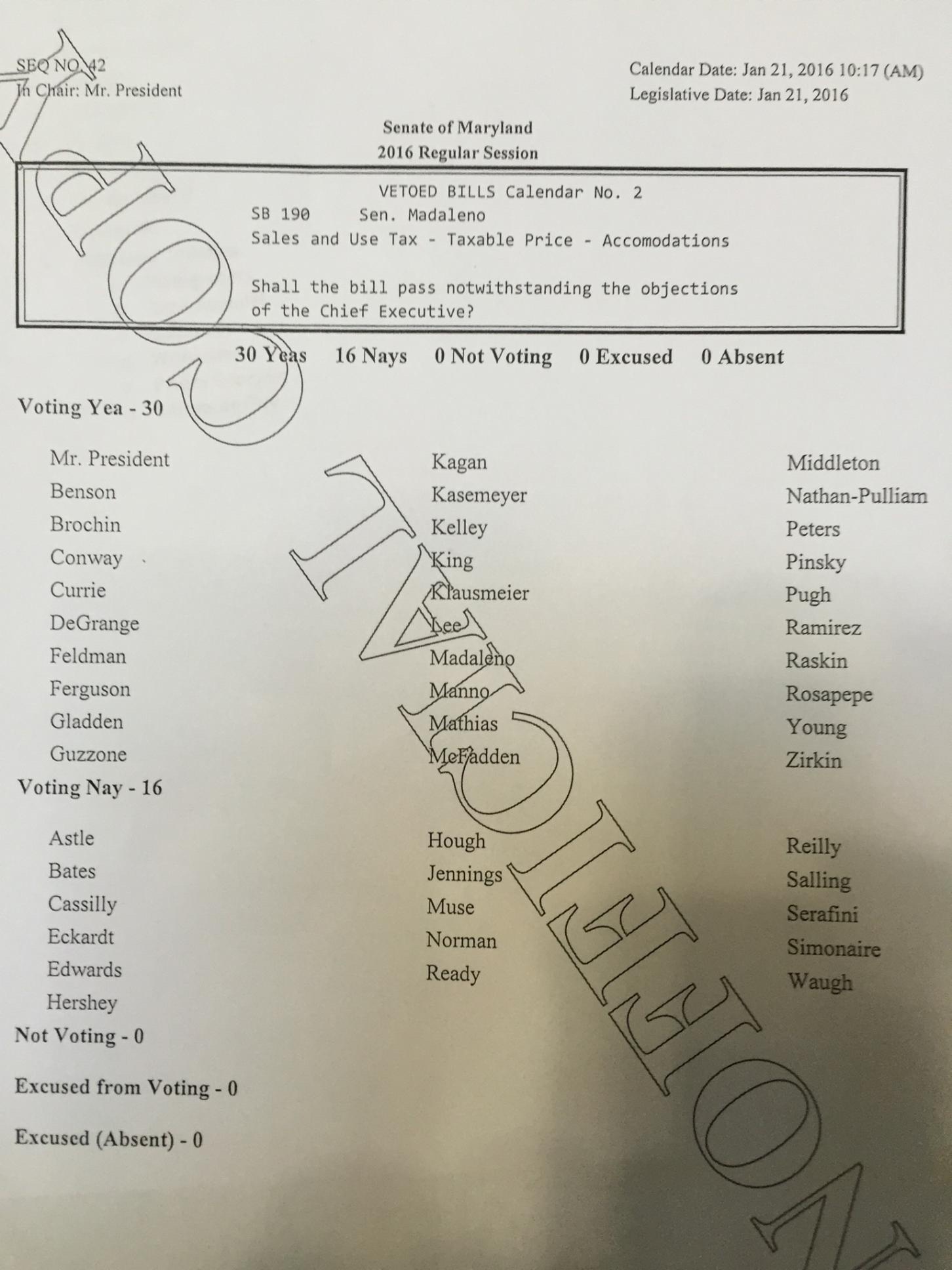Where Matters Stand Now
Maryland has been in quite a ferment over whether to mail out ballots to everyone as opposed to sending out mail-ballot applications to everyone. Gov. Larry Hogan (R) insisted on the latter and got his way. But Democrats vehemently want the former and mail-ballot applications have yet to hit mailboxes.
Originally, the Governor wanted all polling places to open too but has now bowed to the reality that there are not enough people to staff them and reluctantly allowed the State Board of Elections (SBOE) to combine them into many fewer. Let’s hope the remaining polling places have more voting kiosks than usual, so they can process more people than a standard polling place.
Early voting should continue relatively normally. I’d anticipate high demand not just due to interest in the election but also to concern about mail ballot delivery and voting on election day.
We will also have many more drop off boxes. According to the WaPo, Montgomery County plans to go from two or three to forty this year. Prince George’s plans on adding an additional thirty-six boxes. Sen. Cheryl Kagan, who has been very active on election issues, tells me we should have even more than anticipated. The more, the better.
How Are We Doing on that Shift to Mail Voting?
Not so good. The adjustment to much higher rates of mail voting has been far from glitch free. Some of our ballots for the all-mail primary got sent to South Carolina. Those of us who applied for mail ballots did not receive them initially even though people who had not requested them had.
In general, ballots arrived later than they should’ve with delays especially long in some areas of the state. It’s a good thing we opened up polling places, after a lawsuit, but the lines were too long and the state should have known they were required without being sued.
We don’t seem off to a roaring start for the general in which mail voting is heavily encouraged but not every voter will be sent a ballot. Again, the state has failed so far to send mail ballot applications. The Governor can blame the State Board of Elections but surely should have some responsibility for making sure that they can implement a plan before mandating it.
Will It Matter?
The switch from away from all-mail might depress turnout as voters won’t have the ballot sent directly to their home unless they request it. The State Board of Elections has very belatedly made the online application less intimidating. Speaker Adrienne Jones was quite right to highlight that issue.
At the same time, polling places will be open both for early voting and election day voting, so the overall impact of the switch is hard to assess. The chances for any impact on contests seems low because there just aren’t a lot of hot races.
Compared to many other states, we’re not voting for much in Maryland this year. No state legislative elections and few local elections. We don’t even have a U.S. Senate race. I can call the winners of Maryland’s ten presidential electors and eight congressional races now.
The few partisan local races don’t look very exciting. My knowledge of Baltimore City and Cecil County politics is relatively slim. But I do know that Democrats are usually a lock in Baltimore and Republicans the same in Cecil. I’m afraid I can’t speak to the contest for a seat on the Wicomico County Council.
I suppose the change in voting might have an impact if some of the nonpartisan school board and judicial races turn out very close. Judicial contests operate below the radar for most people. Several challengers, however, upset incumbents in the primary, so these contests are more heated than usual. Still, while I’m sure the cognoscenti are interested, Maryland’s judicial races lack the partisan juice of Wisconsin.
If the switch away from all-mail depresses turnout, the main concern might be that it somewhat lightens the weight of Maryland’s contribution to Joe Biden’s national vote margin. That’s of more interest than usual since Donald Trump seems intent on doing his tinpot dictator impression by casting doubt on any ballots that are not cast for him.
On the other hand, if more people vote in person out of concern over the mail, it will also lead to fewer invalidated votes. Unlike at polling places, mail-ballot voters who make a mistake, such as failing to sign the ballot oath, have no chance to correct their errors and the ballot gets tossed.
Problems with Both Mail and All-Mail Voting
We don’t have signature checks in Maryland to make sure that the person who voted and mailed the ballot was the voter. In fact, they are illegal under Maryland law. As a result, even if we shifted to all mail, we could not implement them in the manner of every state that normally does all-mail voting (and California) unless the General Assembly changed the law. Interestingly, this seems to have eluded both sides in the debate over the Governor’s election plan.
This hasn’t been much of an issue in the past as Maryland usually has a lot of early voters but comparatively few mail voters.
We have the signatures on file, so we could do signature checks if the General Assembly changed the law. Some argue against them as unnecessary because there are few problematic ballots in states with checks. But this type of fraud seems a lot less likely when people are checking up on it. Absentee ballot manipulation is exactly how Republicans attempted to steal a 2018 North Carolina congressional election. (In person fraud is different and extremely rare notwithstanding vehement Republican partisan demands for voter ID to solve a non-problem.)
If you have signature checks, you also must find a way to give voters a chance to cure (i.e. validate) any questionable ballots to avoid disfranchising voters. This isn’t always easy and needs improvement. But it’s vital because checking signatures is not an exact science and we want to protect against disfranchisement.
Precinct Reporting
In Maryland during the all-mail primary, the Board of Elections did not attribute ballots cast by mail back to the precinct. The ballots didn’t have codes on them that made that easy. Local county boards can still do if they’re willing. Many won’t because it’s a lot of work but I was pleased to learn that the Montgomery County Board of Elections is going to do it.
For the general, the SBOE tells me that the ballots will have precinct codes, but the proof is in the pudding. Precinct results are very nice to have not just for political researchers and junkies like me but because they are a critical tool in detecting fraud or other problems.
Two Bright Spots
During the primary, the State allowed jurisdictions to count mail-in ballots when they were received but not to release the vote totals until after the polls closed on election day. This allowed for faster reporting of initial results. The same is planned for the general election.
The Governor’s election plan to encourage mail voting by sending ballot applications but not mailing ballots is much more expensive and places real burdens on county boards to process applications. Originally, the Governor and SBOE wanted counties to foot one-half of the bill for the postage paid return envelope. Thanks to efforts by Sen. Kagan along with the Maryland Association of Counties (MACO) and Montgomery County, SBOE has now agreed to cover the substantial cost of this unfunded mandate.
Final Note: Stop Playing Trump’s Game
As Law Professor Richard Pildes explained, disagreement between Donald Trump and Democrats over mail and all-mail voting has no point. Excepting Nevada, the only states using all-mail voting are the same ones that always use it. Democrats would be better served by emphasizing that all the swing states are using absentee voting (the same as mail voting in Maryland), which Trump has declared okele-dokele. Use his own argument against him to fight very doubt he’s manufacturing. In other words, don’t have an argument to no purpose that benefits him instead of Democrats even if he’s wrong.
The post office, however, bears watching. I can’t regard the lack of mail service at my home yesterday as an encouraging sign. The claims that all is well are belied by Trump’s blunt statements that he doesn’t want funding for USPS because it would aid in mail voting, which he sees as bad for him. Dismantling sorting machines also seems unlikely to increase postal efficiency. It’s also a terrible issue for Republicans.




